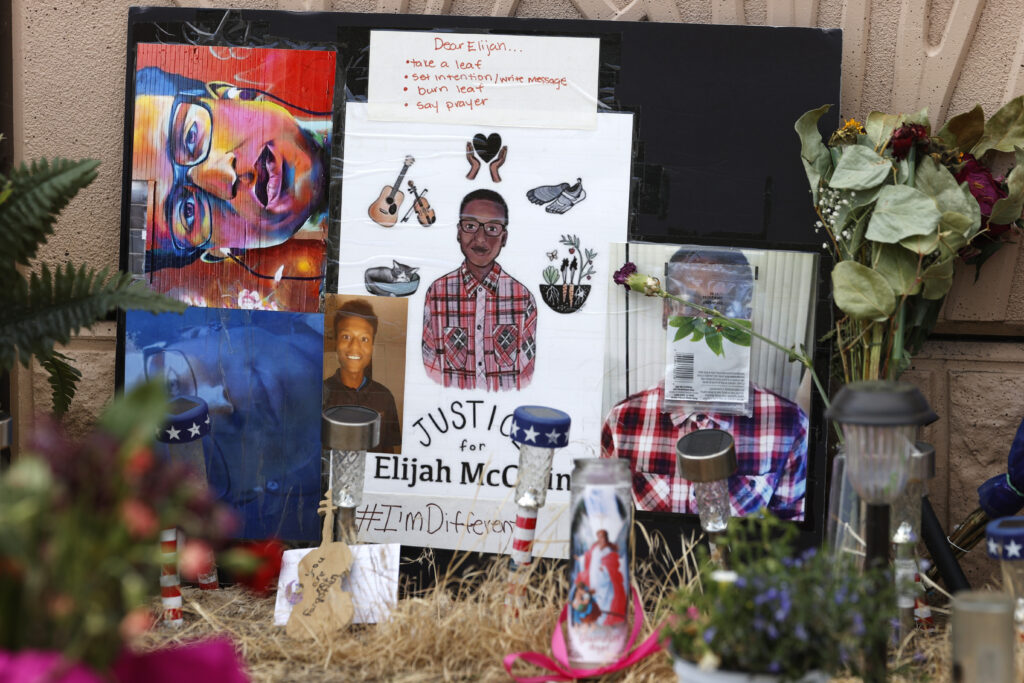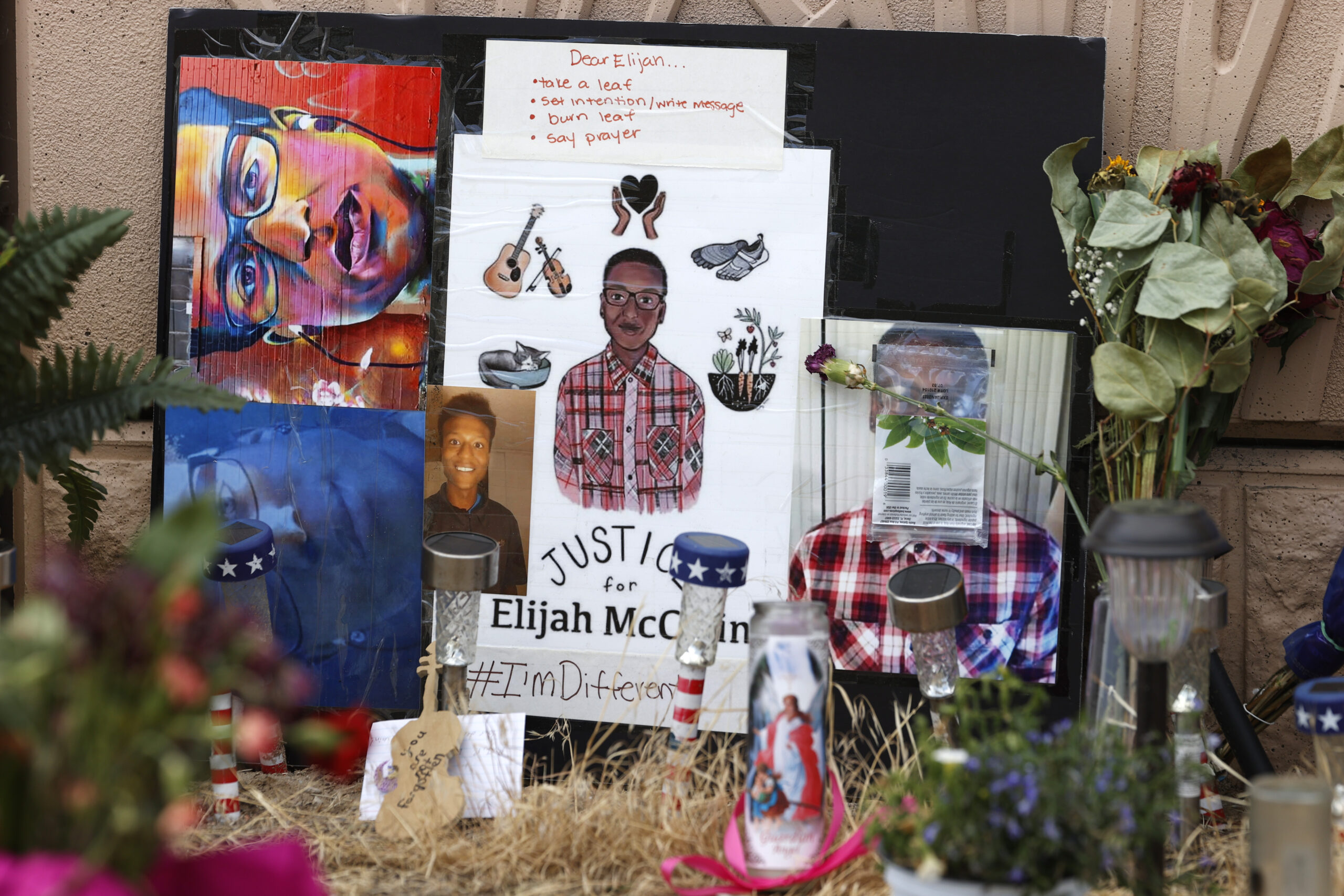BRIGHTON, Colo. — Prosecutors are expected to make a final argument on Tuesday that Aurora police officers Randy Roedema and Jason Rosenblatt are responsible for the death of 23-year-old Elijah McClain because, in detaining him, they repeatedly ignored cries that he couldn’t breathe and recklessly disregarded physical signs of a struggle that turned lethal for the unarmed Black man four years ago.
Defense attorneys will likely point to a murky autopsy finding that McClain died of “complications of ketamine” after forcible restraint, and say no evidence exists beyond a reasonable doubt that Roedema or Rosenblatt were criminally negligent or responsible for the man’s death — particularly since they did not administer the ketamine.
Then, it’s in the hands of 12 Adams County jurors.

This group, which doesn’t include a Black person, will make a decision about whether to convict the two officers in the first of three trials connected to McClain’s death.
Manslaughter carries a two- to six-year prison sentence and second-degree assault carries a five- to 16-year sentence.
For the past three weeks, the state has brought experts to testify that the officers abused their power and used excessive force from the beginning and ignored McClain’s increasingly labored breathing over the 18 minutes they were detaining him.
Marc Brown, a use of force expert, who works at the National Law Enforcement Training Academy, said they escalated a situation that was unnecessary when they first put hands on McClain.
“When he was contacted by the officers, he didn’t turn to square up, he didn’t drop his items, he didn’t swing the bag that had three iced teas in it,” Brown said. “He didn’t attempt to strike them with the cell phone or anything else. He just told them he wanted to go home.”
An internationally known pulmonologist who examined McClain’s medical records and autopsy reports said McClain had a potentially lethal amount of fluid and vomit in his lungs and he could have died that way — even without the ketamine.
McClain vomited into a mask he was wearing after receiving a carotid hold and the doctor testified that he believed he aspirated that into his lungs.
McClain’s autopsy was performed by Dr. Stephen Cina, a forensic pathologist contracted by Adams County. He testified he wasn’t clear on exactly what killed McClain.
His first autopsy had both an undetermined cause and manner of death, but after getting information during a statewide grand jury investigation, he amended the cause of death to complications of ketamine after forcible restraint, which technically implicates everyone on the scene that night who had hands on McClain, including the paramedics who administered a large dose of ketamine for his 140-pound weight.
“Some forensic pathologists would consider this whole case an accident. I believe some forensic pathologists would consider the whole case a homicide,” Cina said. “I’m in between. The (police) restraint may have done something, but that’s not enough for me to make it a homicide.”
The state called another forensic pathologist, who specializes in in-custody deaths, told the jury late last week he believed McClain’s death was a homicide, even though the forensic pathologist who conducted the original autopsy said he was less clear on what exactly killed McClain.
Defense attorneys are likely to latch on to his autopsy report, which was amended during the state’s grand jury investigation, and found that McClain died of ketamine following forcible restraint.
Defense attorneys also say that their two clients, Rosenblatt and Roedema, were backup officers that night and were simply following orders and that no supervisors on the scene — and there was a sergeant there within four minutes — were alarmed at McClain’s breathing or behavior. No one alerted paramedics he was in medical distress or that he’d said he couldn’t breath.
No one thought anything was amiss, said one Aurora officer who was also on the scene who testified.
In closing arguments, jurors are expected to see a video created by an expert hired by prosecutors who stitched together the body-worn camera footage of all of the officers and sergeants on the scene to give an enhanced, clearer view of what happened.
The jurors should receive instructions from Adams County Judge Mark Warner about how they consider this case and whether they can convict Roedema and Rosenblatt of lesser charges than manslaughter and second-degree assault before they are dismissed to deliberate.
Meanwhile, the next officer, Nathan Woodyard, who was the first on the scene is preparing for his trial that starts on Friday. He also faces a manslaughter charge in McClain’s death.
McClain’s mother, Sheneen, has been a fairly consistent presence in the courtroom during which she has watched hours of body-worn camera footage of the last moments of her son’s life and his last words.
She said she intends on being in the courtroom during the closing arguments.








